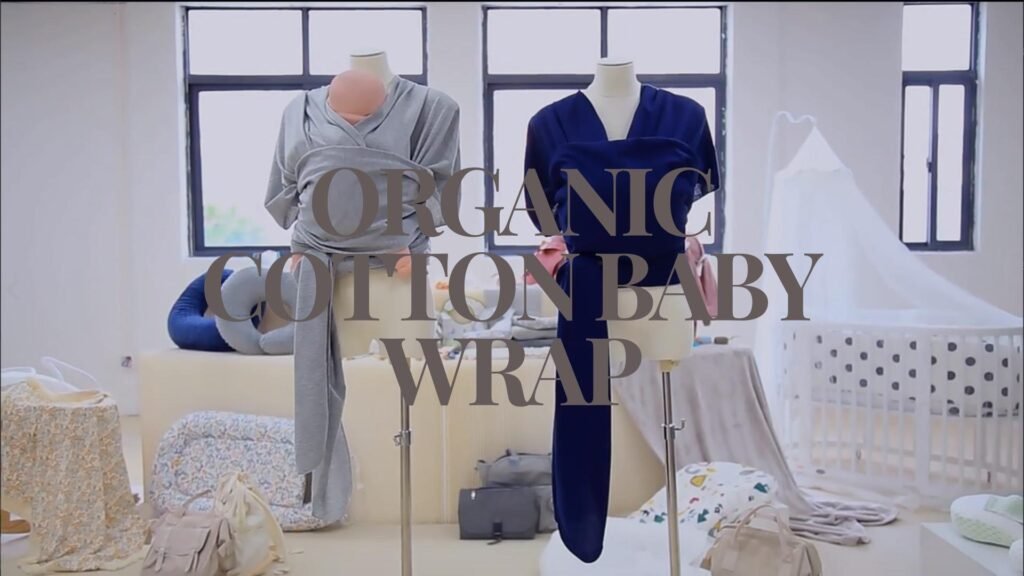Why Baby Carrier Wraps Are a Growing Market in the Baby Products Industry
Key Customization and Sourcing Tips for Bulk Orders of Baby Carrier Wraps
In the world of baby products, few items are as universally cherished and necessary as baby carriers. As a staple in the lives of parents, baby carriers offer a practical solution for holding, transporting, and bonding with infants. Among the various types of baby carriers, baby carrier wraps have emerged as a popular choice due to their flexibility, ergonomic benefits, and suitability for both newborns and toddlers. For wholesale buyers, including procurement managers, product designers, and distributors, understanding the key aspects of baby carrier wraps is crucial for making informed purchasing decisions.
This article aims to provide an in-depth analysis of baby carrier wraps from a B2B perspective. We will explore the materials, manufacturing standards, customization options, market trends, and logistical considerations that impact bulk buyers in the baby products industry. By addressing the specific needs of B2B buyers, this paper will offer valuable insights into the selection, sourcing, and distribution of baby carrier wraps.
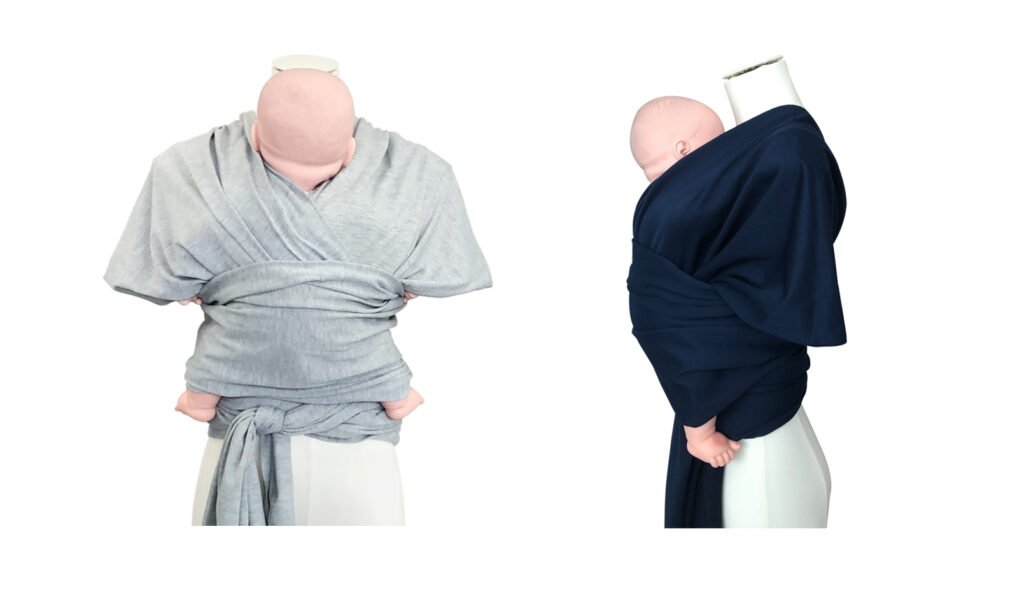
1. The Market for Baby Carrier Wraps
The global baby products market has experienced steady growth in recent years, driven by rising birth rates, increasing awareness of infant health, and the growing demand for premium, high-quality products. According to a report by Grand View Research, the global baby carrier market size was valued at USD 1.03 billion in 2020 and is expected to expand at a compound annual growth rate (CAGR) of 4.6% from 2021 to 2028. Baby carrier wraps represent a significant portion of this market, appealing to both parents and caregivers who prioritize comfort and mobility.
For B2B buyers, this expanding market presents lucrative opportunities. The demand for customizable, eco-friendly, and ergonomic wraps is particularly high, especially in developed regions like North America, Europe, and Japan. With the increasing popularity of babywearing, driven by both traditional practices and modern parenting trends, baby carrier wraps are becoming a must-have product for retailers and distributors in the baby goods industry.
1.1. Key Drivers of Market Growth
Several factors are driving the growth of the baby carrier wraps market:
- Ergonomics and Safety: Baby wraps offer excellent ergonomic support, evenly distributing the baby’s weight across the wearer’s body, reducing strain, and promoting healthy hip development in infants.
- Customizability: Wholesale buyers often seek wraps that can be customized in terms of color, material, and design to align with their brand’s identity or cater to regional preferences.
- Eco-Friendly Materials: There is a growing demand for organic and sustainable materials in baby products. Many manufacturers now offer wraps made from eco-friendly fabrics like organic cotton, bamboo, or recycled materials.
- Parenting Trends: The rise of attachment parenting and the focus on creating strong parent-child bonds has increased the popularity of babywearing, fueling demand for high-quality wraps.
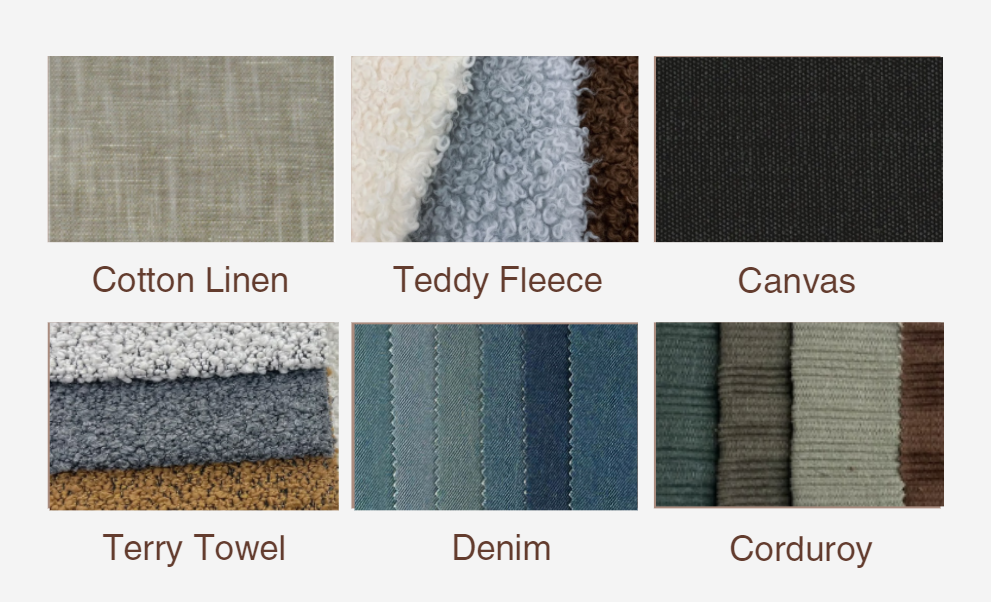
2. Manufacturing Standards and Quality Considerations
When sourcing baby carrier wraps in bulk, procurement professionals must ensure that the products meet stringent safety and quality standards. Baby carrier wraps are classified as infant products, meaning they are subject to various regulations to protect the health and safety of infants.
2.1. Regulatory Compliance
Different markets have their own safety standards for baby products. For example:
- In the U.S., baby wraps must comply with the Consumer Product Safety Improvement Act (CPSIA) regulations, which include restrictions on lead content and the presence of phthalates in materials.
- In Europe, products must adhere to the European Standard for Child Use and Care Articles (EN 13209-2) and bear the CE mark, signifying conformity with EU safety, health, and environmental protection requirements.
Buyers should also be aware of additional voluntary certifications, such as OEKO-TEX® Standard 100, which certifies that textiles are free from harmful substances, and the International Hip Dysplasia Institute’s certification, which verifies that a baby wrap promotes healthy hip development.
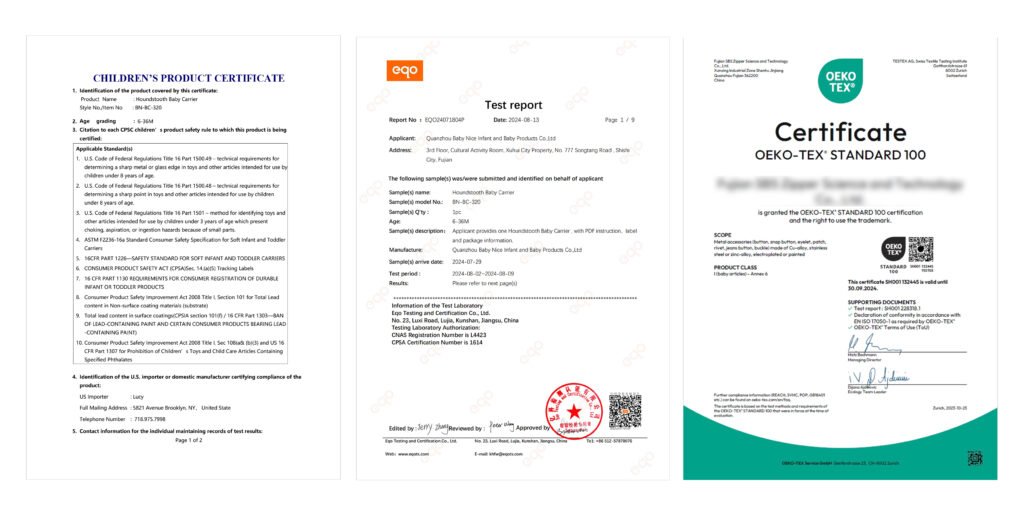
2.2. Material Selection
The choice of material is critical in determining the quality and appeal of baby wraps. Most wraps are made from soft, breathable fabrics to ensure the comfort of both the baby and the wearer. Popular materials include:
- Cotton: Organic cotton is widely used for its breathability and softness. It is also hypoallergenic, making it ideal for infants with sensitive skin.
- Bamboo: Bamboo fabric is prized for its eco-friendly properties and superior softness. It is also naturally antibacterial, moisture-wicking, and thermo-regulating.
- Linen: Linen wraps are known for their durability and breathability. While slightly less soft than cotton, linen offers excellent support, especially for heavier babies.
- Blended Fabrics: Some manufacturers use blends of cotton, linen, and bamboo to achieve a balance of softness, strength, and breathability.
2.3. Durability and Strength
For B2B buyers, product longevity is a key consideration. The durability of a baby carrier wrap depends on the material, weave, and construction. Wholesale purchasers must ensure that the wraps can withstand regular washing and wear without compromising their structural integrity or safety. Buyers should also inquire about the testing protocols used by manufacturers to assess product strength and durability.
3. Customization and Branding Opportunities
Customization is a major selling point for bulk buyers looking to differentiate their product offerings. Many manufacturers offer a range of customization options that allow buyers to create unique, branded wraps that stand out in the market.
3.1. Customization Options
Wholesale buyers can typically customize the following aspects of baby carrier wraps:
- Color and Patterns: Buyers can choose from a variety of colors and patterns to match their brand’s aesthetic or meet the preferences of their target market.
- Material Blends: Some manufacturers allow buyers to specify custom fabric blends to achieve a desired balance of softness, strength, and eco-friendliness.
- Logo and Labeling: Buyers can request custom logos, labels, and packaging to reinforce their brand identity.
- Sizing: While most wraps are one-size-fits-all, some buyers may require wraps in multiple sizes to cater to different body types or regional preferences.
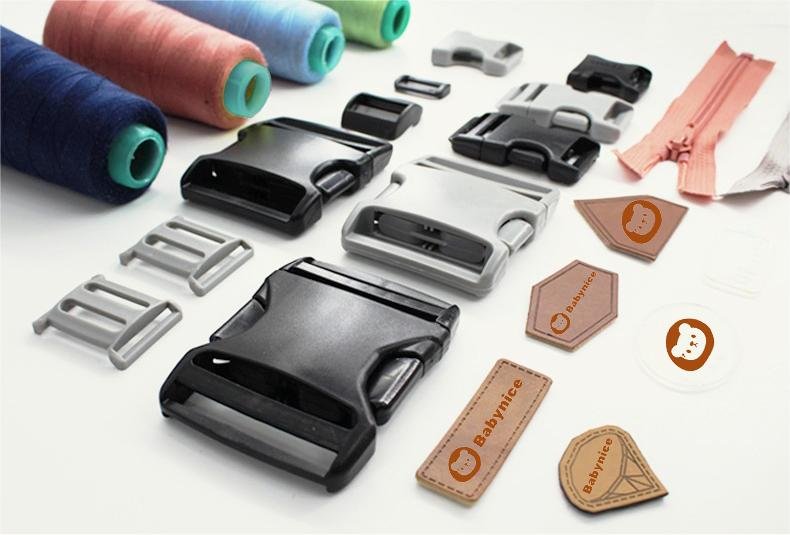
3.2. Minimum Order Quantities (MOQ)
When working with manufacturers, B2B buyers should be aware of minimum order quantities (MOQ) for customized products. MOQs vary depending on the manufacturer and the level of customization required. For smaller distributors or new brands entering the market, finding a supplier with flexible MOQs can be essential for managing inventory costs and minimizing risk.
4. Trends in Baby Carrier Wraps
The baby products market is constantly evolving, and staying ahead of the latest trends can give wholesale buyers a competitive edge. Some of the current trends in baby carrier wraps include:
4.1. Sustainable and Ethical Production
With growing awareness of environmental and social issues, many consumers are seeking products that are sustainably and ethically produced. B2B buyers are increasingly looking for manufacturers that use eco-friendly materials, adhere to ethical labor practices, and have transparent supply chains. Certifications such as GOTS (Global Organic Textile Standard) and Fair Trade add value to products in this category.
4.2. Multi-Functional Designs
Parents today often look for products that offer versatility and long-term use. In response, manufacturers are developing wraps that can be used in multiple carrying positions (e.g., front, back, or hip carries) or that adapt as the baby grows. Multi-functional wraps offer greater value to consumers and can be a strong selling point for distributors.
4.3. Technology Integration
Although still in its early stages, there is growing interest in integrating technology into baby wraps. Some companies are experimenting with incorporating sensors into the fabric to monitor the baby’s vital signs or alert parents if the baby is in an unsafe position. While not yet mainstream, this trend could become more prominent in the coming years.
5. Logistical Considerations for B2B Buyers
When purchasing baby carrier wraps in bulk, logistics play a crucial role in the success of a procurement strategy. Delayed shipments, customs issues, and inadequate warehousing solutions can lead to stock shortages, missed sales opportunities, and increased costs.
5.1. Shipping and Lead Times
For wholesale buyers, understanding a manufacturer’s lead times and shipping capabilities is essential. International suppliers may offer competitive pricing, but longer shipping times and customs clearance delays can disrupt inventory planning. Buyers should work closely with manufacturers to establish clear timelines and ensure that products are delivered on time, particularly during peak sales seasons.
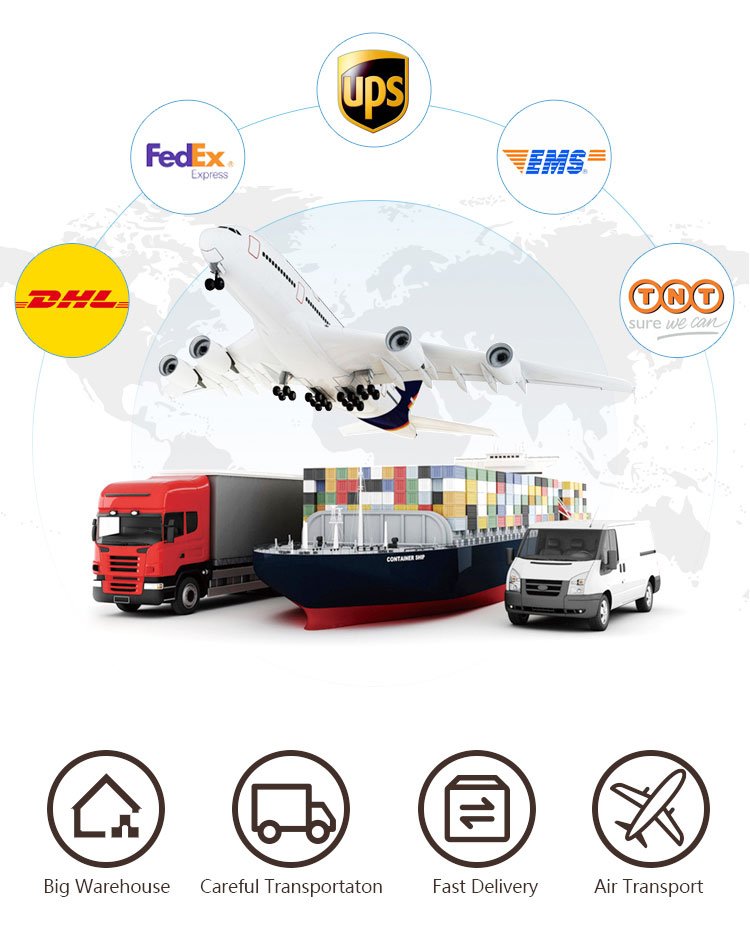
5.2. Warehousing and Distribution
Effective warehousing and distribution strategies are key to ensuring that baby carrier wraps reach retailers and consumers without delays. For B2B buyers, partnering with third-party logistics (3PL) providers can help streamline the storage, handling, and distribution of bulk orders. Additionally, buyers should consider warehousing options near major ports or distribution hubs to minimize transportation costs.
Conclusion
For wholesale buyers in the baby products industry, baby carrier wraps represent a versatile and in-demand product category. From understanding market trends and regulatory standards to evaluating customization options and logistical considerations, B2B buyers must approach the procurement of baby wraps with a comprehensive strategy.
By focusing on quality, safety, sustainability, and customization, buyers can secure products that not only meet consumer expectations but also align with their brand values. As the demand for baby carrier wraps continues to grow, the ability to source reliable, high-quality products will be key to success in this competitive market.
For businesses looking to capitalize on this trend, it’s essential to partner with reputable manufacturers that offer flexible customization, adhere to safety standards, and provide timely delivery. In a dynamic and evolving industry, the right baby carrier wrap supplier can make all the difference in building a successful product line.

